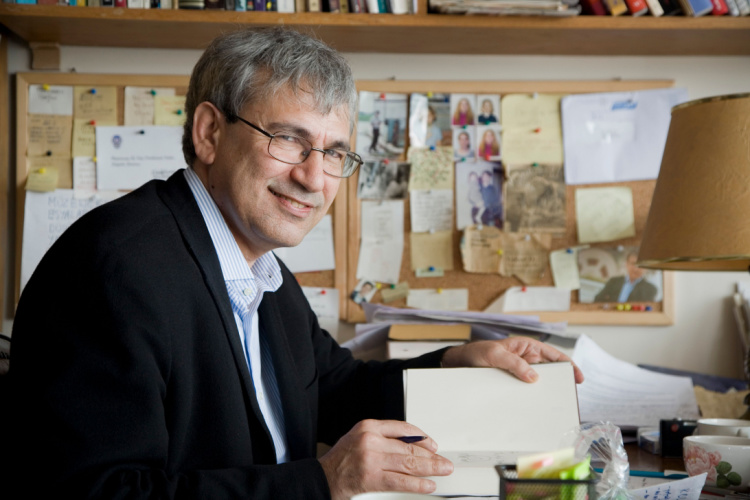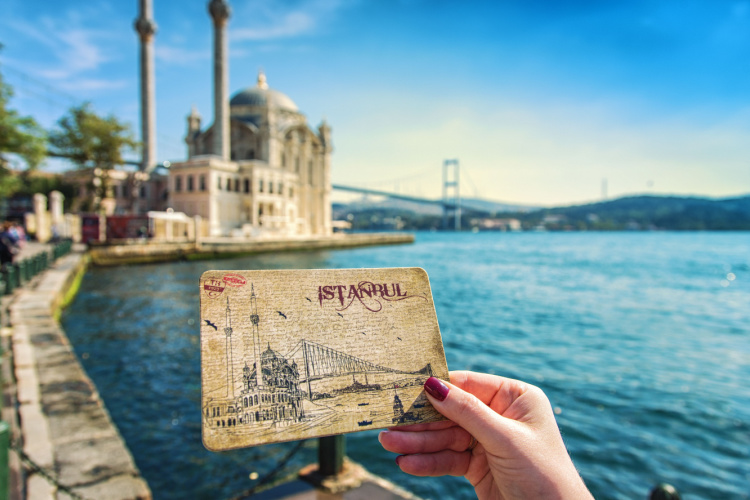
BLOG
- ELİTE WORLD HOTELS & RESORTS
- BLOG
- THE GEM WİTHİN SİMPLİCİTY: EVERYTHİNG ABOUT MİNİMALİSM
The Gem Within Simplicity: Everything About Minimalism
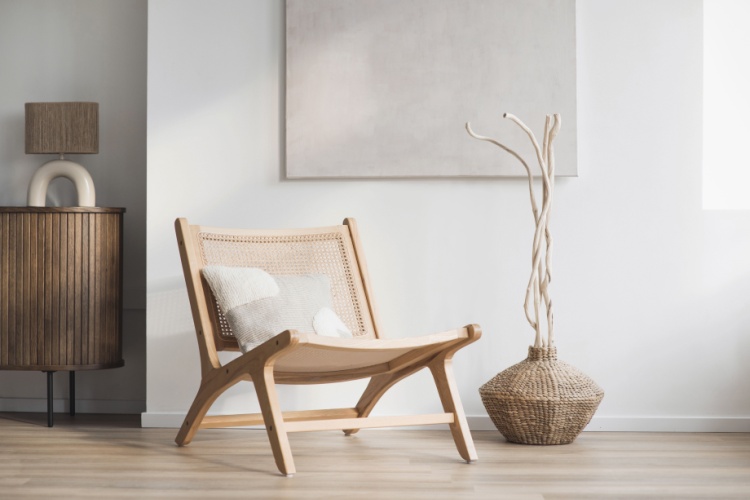
Minimalism is a philosophical movement that has gained significant traction in recent years, continuing to influence various aspects of our daily lives. In today’s modern world, amplified by the ever-present influence of social media, we are constantly encouraged to consume more and accumulate beyond our actual needs. This widespread idea suggests that happiness and a perfect life are linked to possessing more. But does acquiring more truly lead to greater happiness? This is where minimalism offers a thoughtful perspective. It’s not merely about simplifying or reducing the number of possessions; minimalism is a mindset that seeks to eliminate excess, reduce chaos and create a more peaceful environment. If you are curious about how this philosophy can transform your life, be sure to check out our blog post for more insights!
How Did Minimalism Come into Our Lives?
Emerging in the 1960s, minimalism began as an art movement but has since evolved into a comprehensive philosophy of life. It is often described not just as an aesthetic but as a way of thinking and being. Initially, minimalism made its mark in modern music and visual art but over time, its influence has expanded into nearly every aspect of life.
Although minimalism was first recognized as a philosophical concept in the 1960s, it gained widespread popularity in the 1990s. The main reason for this is that the structure of today's world, which is based on constant consumption and having more possessions, directs people to simplify. It is possible to say that factors such as the increase in economic crises, the increase in recycling activities due to global warming, the effort to produce sustainable solutions and the awareness of people about the natural resources that are about to be depleted have brought minimalism to many areas of our lives.
Minimalism: Less is More!
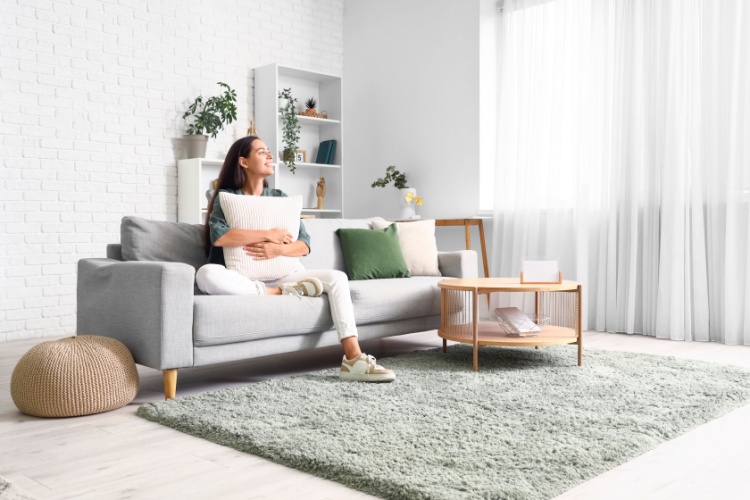
This trend, which emerged as a response to excess, disorder and complexity, focuses on avoiding unnecessary consumption and embracing simplicity and plainness. Minimalism encourages us to eliminate the superfluous and make room for what truly matters. By simplifying our lives and letting go of excess, we not only free up physical space but also declutter our mental worlds. According to this philosophy, having fewer possessions leads to less stress and living a simpler life fosters a deeper sense of genuine happiness. German philosopher Hegel captured the essence of minimalism with the following words: "It is a concept of beauty that is simple but not simplistic, simple but not bland."
Why Minimalism?
Under the influence of modern life and social media, we are directed to purchase bigger houses, the latest model phones, more clothes than we essentially need or things that have been left unused in a corner. We own more stuff than what we need, we constantly accumulate things and make it a goal. As a result, we consume much more. Minimalism is a kind of rebellion against these impositions.
Minimalism adopts the principle of only owning things that are truly needed and have spiritual value. In this context, we can say that people with a minimalist lifestyle avoid unnecessary and uncontrolled spending, favor simplicity and plainness and tend towards spiritual values rather than material wealth.
Basic Principles of Minimalism
Minimalism is based on some basic principles. We can list these some of these principles as follows:
- Reduction and Simplification: Answering the question "What do I really need?" honestly is the first and most important step for a minimalist life.
- Order and Simplicity: Getting rid of excess helps create a simple and functional living space. By removing unnecessary items, both your physical environment and your mind can be simplified, allowing you to experience a spacious, peaceful, and organized atmosphere.
- Conscious Consumption: Questioning whether you truly need a product before making a purchase offers the opportunity to make more conscious and intentional choices when shopping.
- Financial Freedom: Conscious consumption and avoiding the purchase of unnecessary products can significantly reduce unnecessary expenses, making it easier to save money.
- Energy and Time Saving: A life free of excess can make it possible to spend your time on more valuable and meaningful activities. In addition, the energy that is spent on organizing unnecessary items and maintaining them is greatly reduced.
- Self-Awareness and Personal Development: This approach helps you gain a clearer understanding of your true values and priorities. As a result, you have the opportunity to discover more about yourself.
How Can We Adopt a Minimalist Lifestyle?
You can start adopting a minimalist lifestyle by reviewing your consumption habits and evaluating what you have. Here are some steps that you can take at this point:
Review What You Have
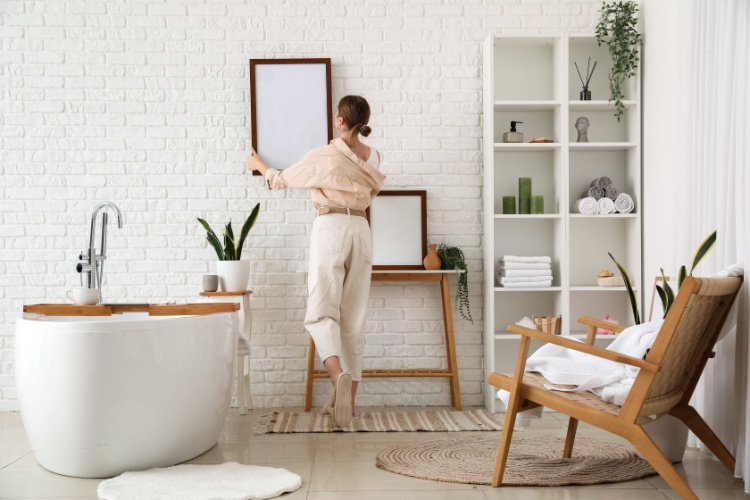
You can start adopting a minimalist lifestyle by first examining the necessity of the items that you have, such as cabinets and tables. You can evaluate whether you really need this item, whether it is useful for you, or whether you are purchasing these products for emotional satisfaction. If the answer to these questions indicates that the item is not necessary, you can donate it to someone else or get rid of it. To make your job easier at this step, you can also ask yourself, 'Have I used this item in the last year?''
Evaluate Your Consumption Habits
Minimalism is not just about getting rid of or reducing purchased items. You can prevent unconscious spending by asking yourself some questions before purchasing a new item for a minimalist lifestyle.
Reduce the Time That You Spend on Social Media: Digital Minimalism
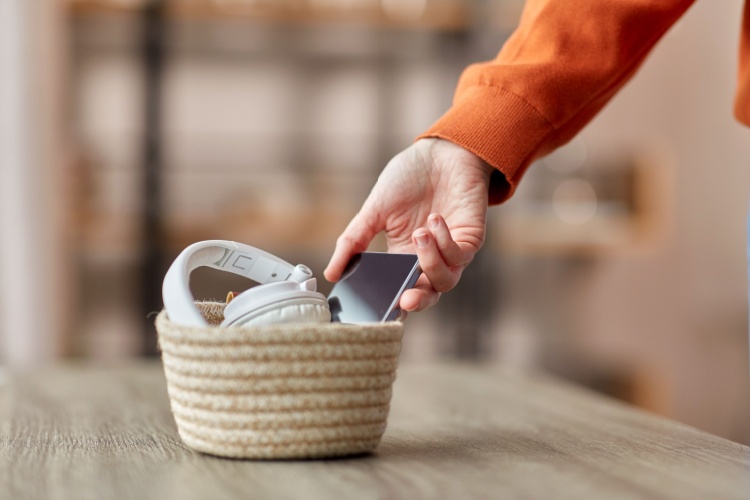
It is possible to apply minimalism in the digital world just as much as in physical spaces. With digital minimalism, you can significantly reduce the time that you spend on social media, allowing you to free your mind from overstimulation. Clearing out unnecessary emails, documents, photos and apps that have piled up on your phone or computer can also help streamline your life. Additionally, by turning off your phone's notifications, you can prevent constant distractions, allowing you to engage in more productive activities throughout the day.
Devote Your Time to Valuable Activities and Review Your Relationships
How and in what way you spend your time in a minimalist lifestyle is also extremely important. You can be happier by stopping wasting time on unnecessary activities and spending every moment more productively and with people who truly value you. Being able to say "No." is very important in this step. You can learn to say "No." to people and environments that no longer serve any purpose in your life.












